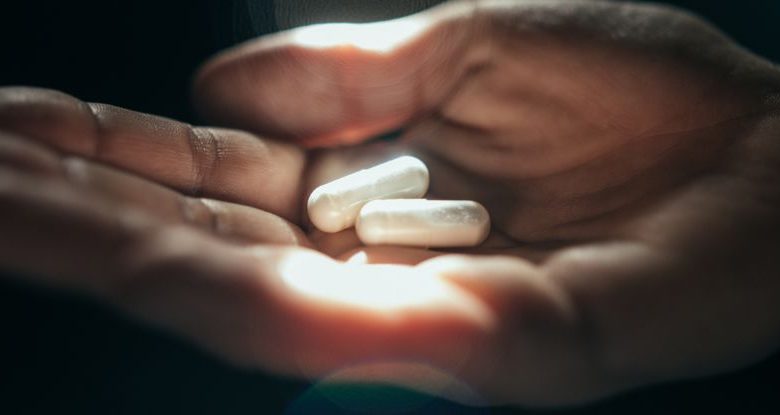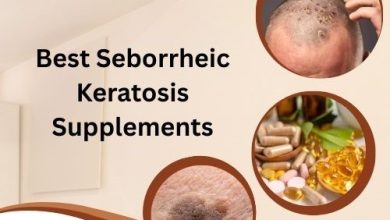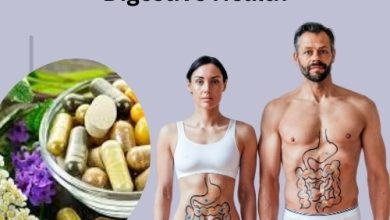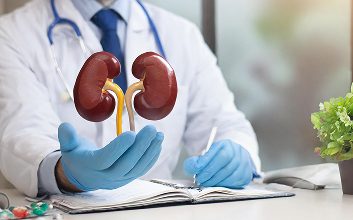Cheap Daily Supplement Seems to Boost Brain Function in Older People

An aging brain may benefit from the same things that are beneficial for the aging gut. People over 60 who take daily prebiotic and protein supplements report higher test results on memory tests, according to the first study of its kind in twins.
The results are worth considering, particularly as early indicators of Alzheimer’s disease can be identified using the same visual memory and learning exam.
Two inexpensive plant fiber prebiotics that are sold over-the-counter in several countries worldwide were the subject of the double-blind trial. Non-digestible foods called prebiotics aid in the stimulation of our gut flora.
One is a fructan class of dietary fiber known as inulin. Another is a plant-based carbohydrate known as fructooligosaccharides (FOS), which is frequently used as an all-natural, low-calorie sweetener.
36 pairs of twins older than 60 were recruited by King’s College London researchers to examine the impact of these supplements on the aging brain. Every pair of twins was divided at random, with one twin receiving a daily prebiotic in the form of a protein powder, and the other receiving a daily placebo in the same form of a protein powder.
Three months later, the twin who had taken FOS or inulin without realizing it usually performed better on a cognitive test.
Furthermore, there was a correlation found between the twins’ daily fiber supplementation and minor variations in their gut microbiome. Twins receiving FOS or inulin, for example, had higher concentrations of the advantageous Bifidobacterium.
According to studies on mice, Bifidobacterium regulates the gut-brain pathways to lessen cognitive impairments.
“After only 12 weeks, we are thrilled to observe these improvements. When the results were released in March, Mary Ni Lochlainn, a geriatric medicine researcher at King’s College London, stated that “this holds huge promise for enhancing brain health and memory in our aging population.”
“Unlocking the secrets of the gut-brain axis could offer new approaches for living more healthily for longer.”
The largest adult twin registry in the UK is located at King’s College, and twin studies are extremely useful for distinguishing between the impact of environment and genetics on human health.
Previous rat research indicate that high-fiber supplements such as FOS and inulin can ‘feed’ the microbiome of the colon, fostering the growth of ‘good’ bacteria.
A few of these bacterial players have also been connected to enhanced cognitive performance in humans and mice.
Every year, more and more data points to the gut’s and brain’s intimate connection. The discoveries have convinced some scientists to the point where they call the gut the body’s “second brain.”
However, it’s still unclear how these two nerve systems interact.
According to a new twin study conducted at KCL, eating specific “brain foods” may be a potential treatment for cognitive loss. However, there don’t seem to be many noticeable health benefits from prebiotics, even if they might enhance some areas of cognitive function in an older brain, such as memory and processing speeds.
Even though inulin and FOS are critical for maintaining musculoskeletal health, muscle loss did not improve in aging twins taking high-fiber supplements.
In these tight financial times, a large number of people could profit from these inexpensive, over-the-counter plant fibers. Claire Steves, a geriatrician at KCL, stated that they are both appropriate and safe.
“Our next task is to see whether these effects are sustained over longer periods and in larger groups of people.”
The majority of the twins in the current trial were female, and although the researchers took sex differences into account when interpreting their results, they nevertheless recognize that there might have been some bias in the twin cohort at KCL with regard to selection.
Nevertheless, research such as this one reinforce the growing body of evidence suggesting that cognitive loss is not only a brain disease but may also be caused by outside circumstances. Women are also more likely to get Alzheimer’s disease.
The immune system and the central nervous system are just two of the many “pies” that the gut has its fingers in. Providing specific prebiotics and probiotics to its microbiome may help treat a wide range of ailments.




